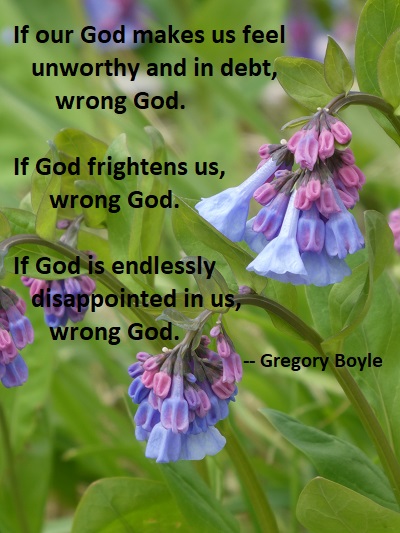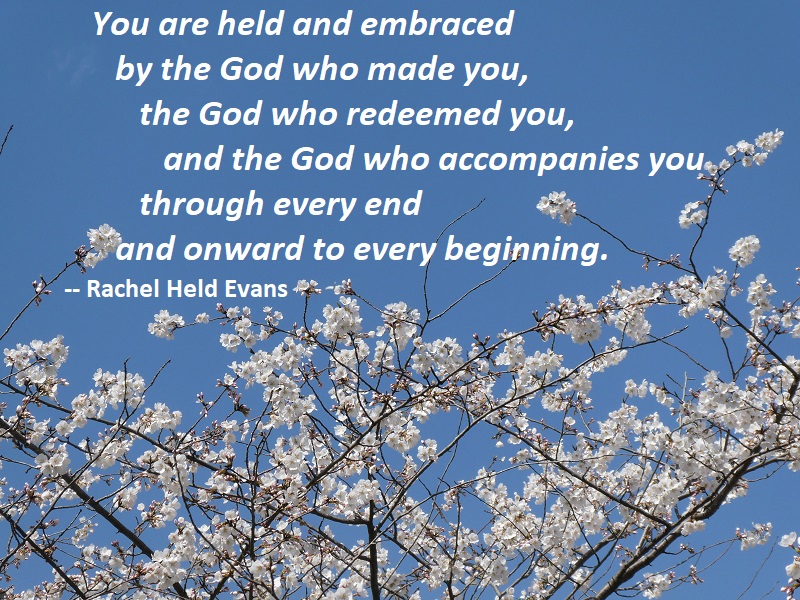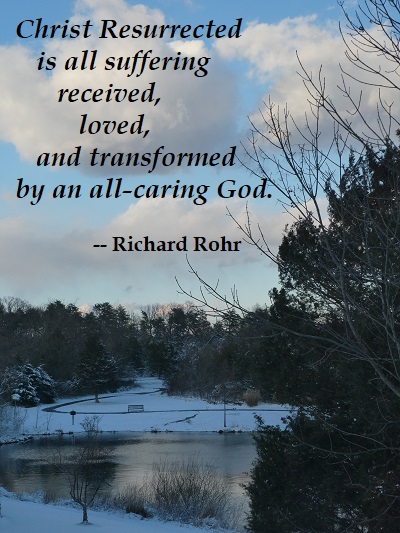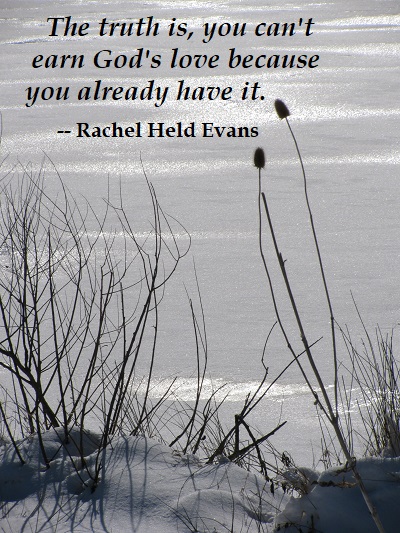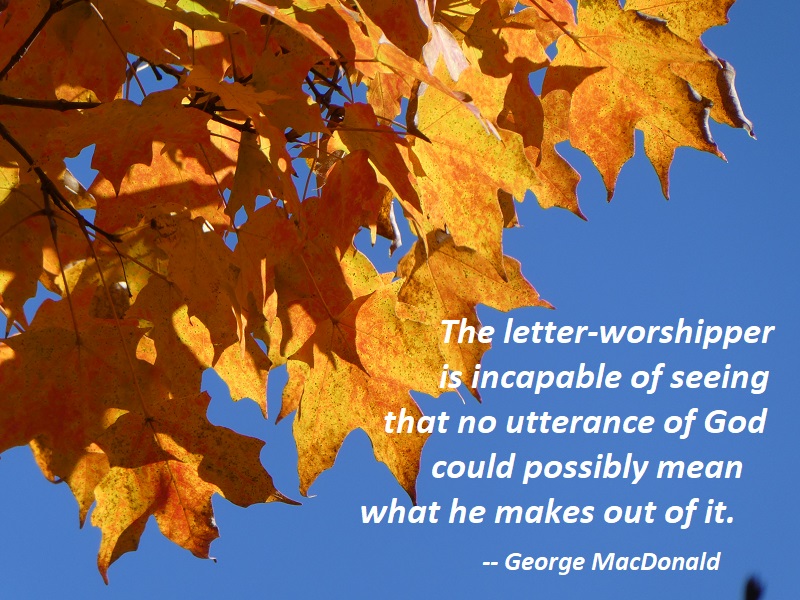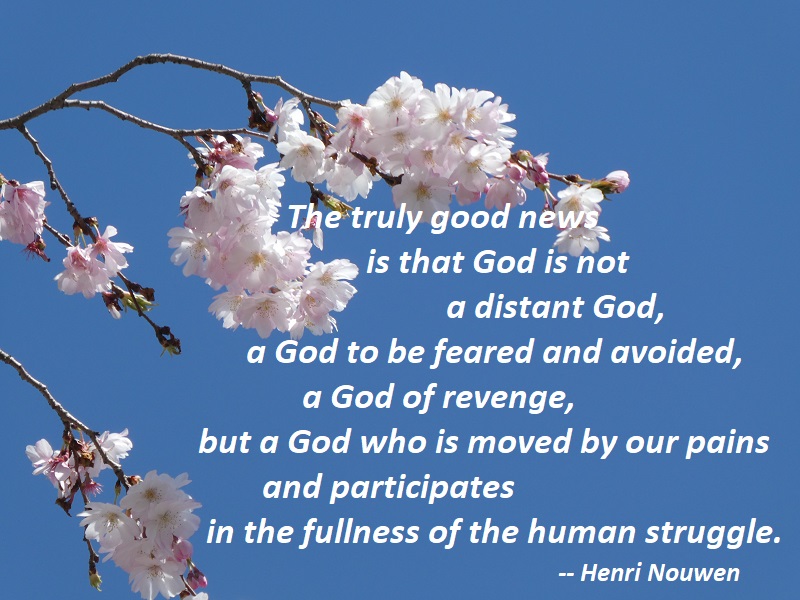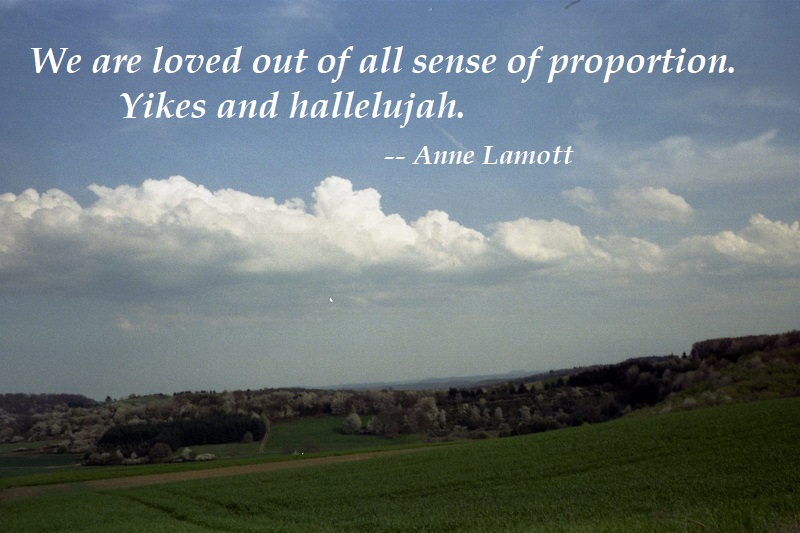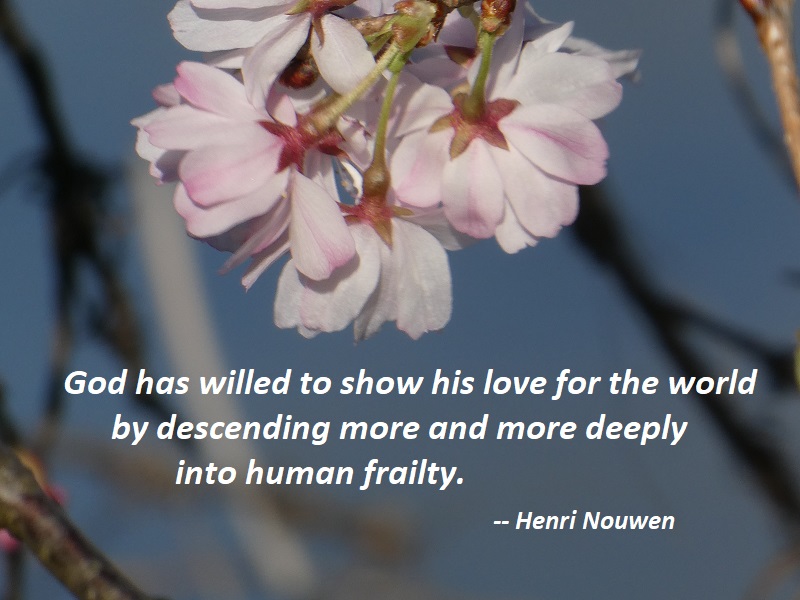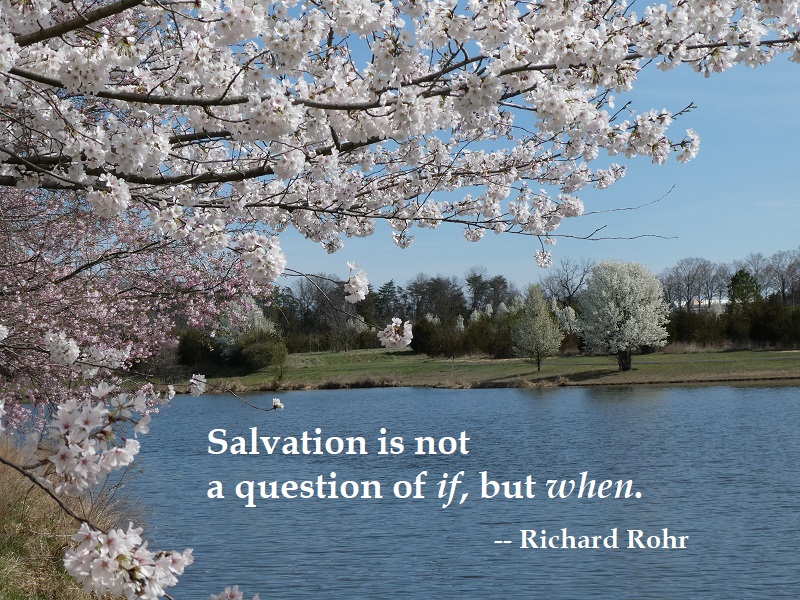The Tender One
At one time or another, we all had a version of God that was rigid. But the depth of our own experience tells us that our idea of God wants to be fluid and evolving. As we grow, we learn to steer clear of the wrong God. We “break the jar” and it radically challenges our way of seeing reality. Consequently, a change in our conception of God can transform the character of our culture…. The Tender One has no need to judge, because this God understands.
If our God makes us feel unworthy and in debt, wrong God. If God frightens us, wrong God. If God is endlessly disappointed in us, wrong God. A man I knew, after being fired from his job, said, “It’s a good thing I believe in God, who says, ‘Vengeance will be mine.'” Uh-oh. Wrong God.
— Gregory Boyle, The Whole Language, p.4
Photo: Bluebell Trail, Bull Run Regional Park, Virginia, April 4, 2022
